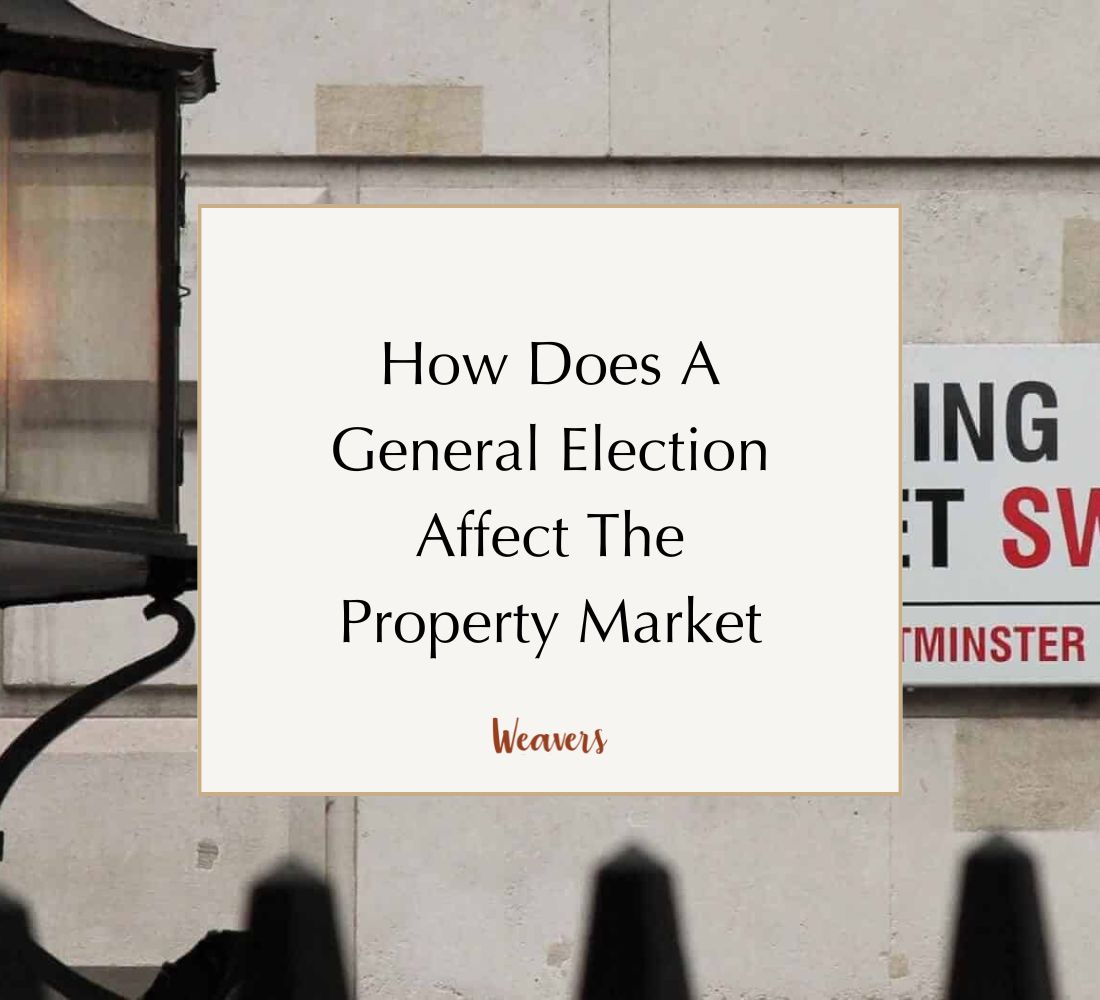The recent announcement by the British Prime Minister about the next general election set for 4th July 2024 has sparked discussions about its potential impact on the Essex property market. The election introduces an element of uncertainty, as a change in government could bring shifts in housing policy and taxation.
House Prices To Remain Steady
Data from previous election cycles indicate that UK house prices, as measured by Land Registry figures, have shown resilience during the last five general elections.
Temporary Dip in Property Transactions Before the Election
While house prices remain stable, the number of property transactions typically experiences a temporary dip in the weeks leading up to a general election. Potential buyers often adopt a ‘wait and see’ approach, delaying decisions until after the election results are clear.
Post-Election Market Catch-Up
Post-election periods typically see a catch-up in the number of transactions. Delayed transactions due to election-related uncertainties usually proceed shortly after the election, leading to a rebound in market activity. For instance, there were 218,000 property transactions in the three months before the 2019 election and 286,000 in the three months after. This pattern has been consistent across multiple election cycles, indicating that while transaction volumes may fluctuate temporarily, the overall market equilibrium is maintained.
Unique Homes Less Likely to Be Affected
For buyers of unique and high value homes, the possibility of increased taxes and new measures for overseas investors is a consideration, but are less likely to be affected by the general election. Buyers of these properties often have different motivations and financial stability compared to the broader market. They are typically less influenced by short-term political uncertainties and more focused on the intrinsic value and unique aspects of the property. As a result, the demand for unique homes remains steady, even during election periods, offering a buffer against the typical market fluctuations seen with more conventional properties.
Interest Rate Cuts?
As interest rates are anticipated to be cut due to falling inflation, the cost of borrowing for mortgages may decrease, potentially stimulating buyer activity.
Looking Ahead
Labour’s ambitious plan to build 1.5 million homes over the next five years could reshape the housing landscape, though its immediate impact may be limited.
Meanwhile, reforms such as the Renters Reform Bill, which aims to abolish Assured Shorthold Tenancies, could be delayed by the election but are expected to proceed eventually, altering the rental market dynamics.
Final Thoughts
Overall, while the short-term market may experience some uncertainty due to the election, the long-term effects will depend on the resulting government’s policies and their implementation.
House prices tend to remain steady or even increase during election periods. The primary effect is a short-term dip in the number of transactions, which is promptly rectified post-election. This resilience underscores the robustness of the British property markets, reassuring buyers and sellers that political events, while temporarily influential, do not drastically alter long-term market dynamics.
Should you have any questions about the Essex property market, contact us by phone at 01702 411146 or send us an email at team@weaversestates.co.uk, and we’ll get back to you promptly.












